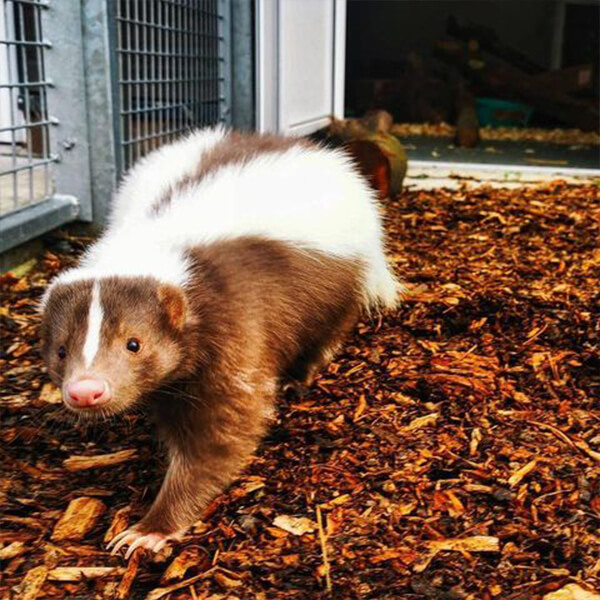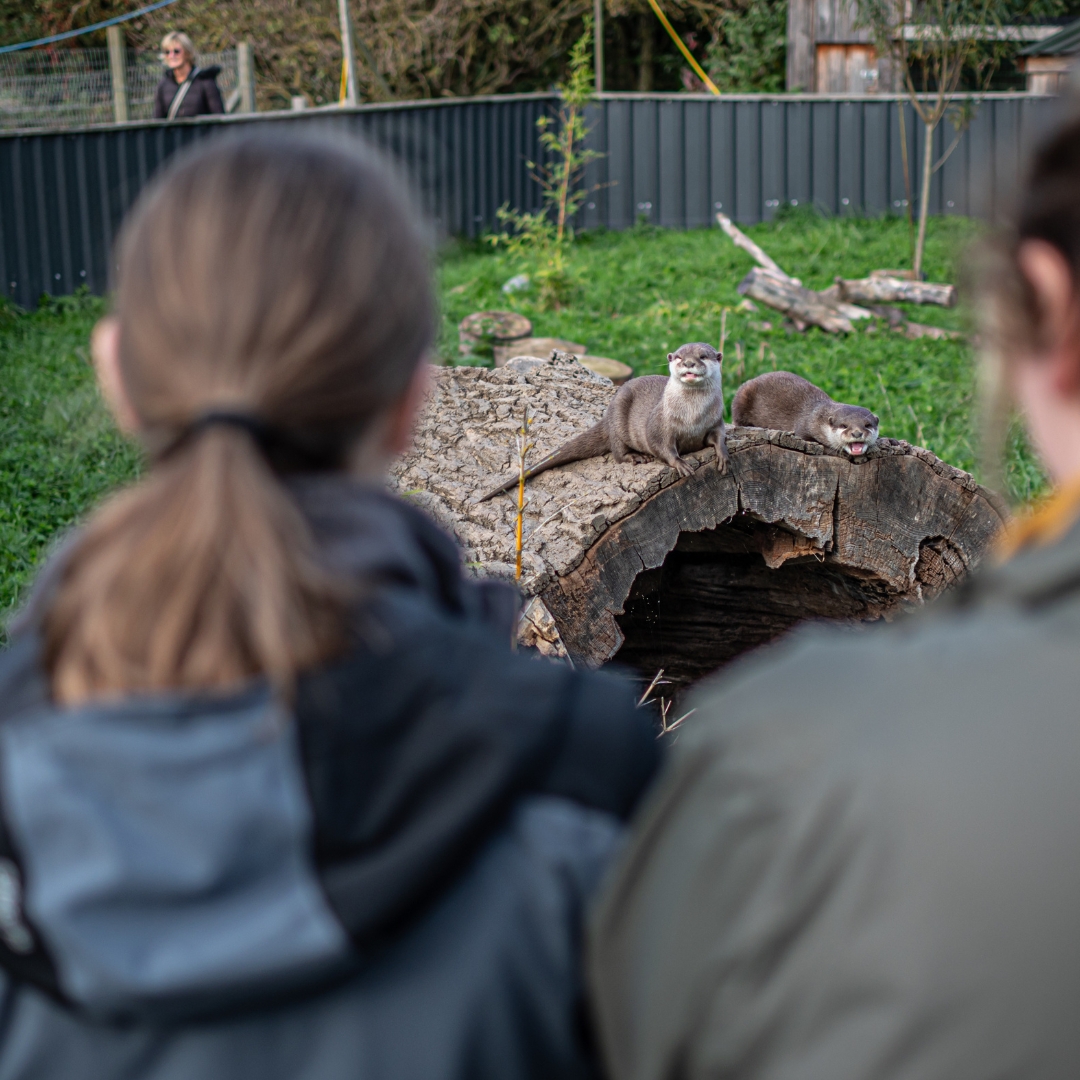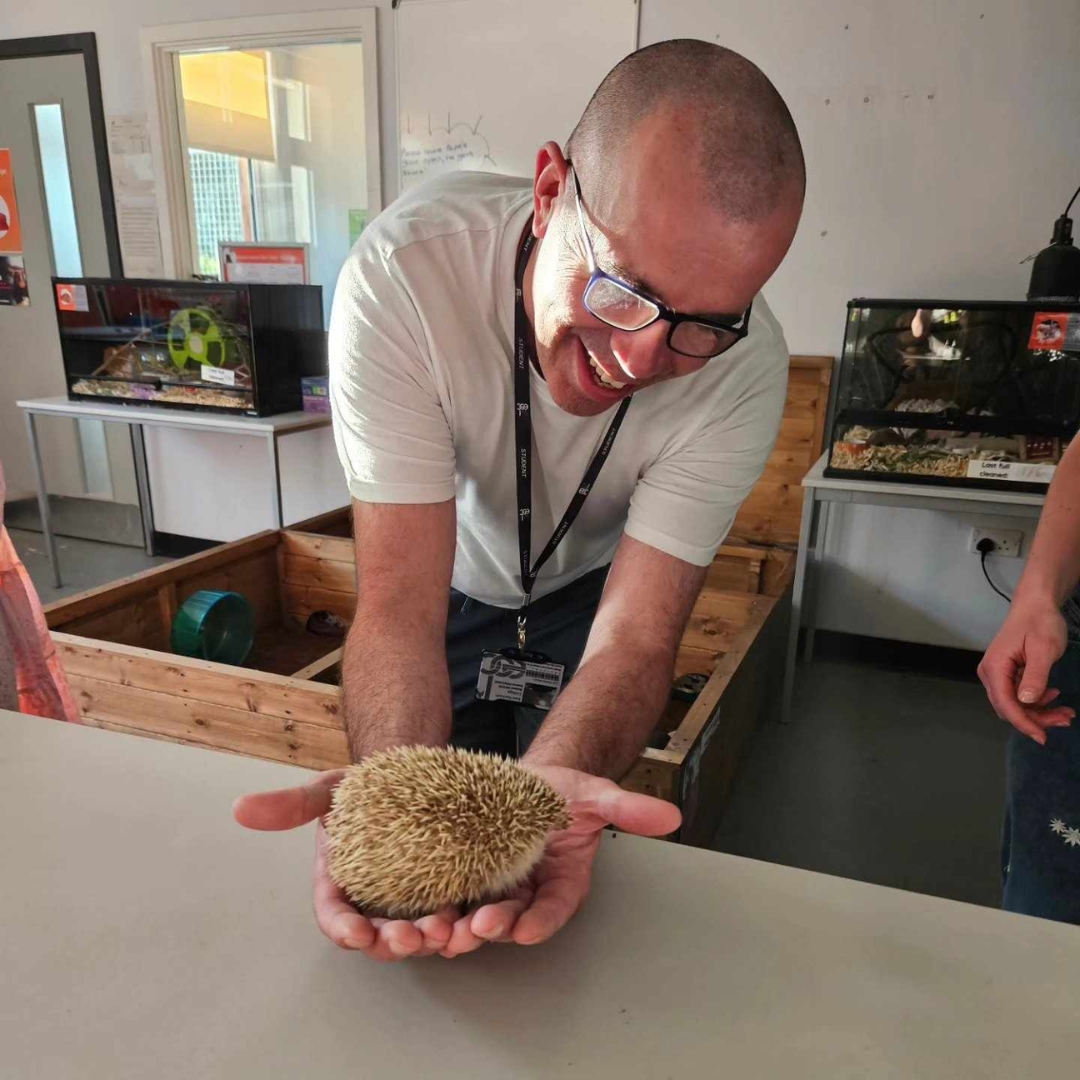Course Finder
Level 2 Diploma for the Early Years Practitioner 2025-26
The course is designed to provide learners with the knowledge and understanding of babies and young children from birth to 7 years of age with applied knowledge to work in an early years setting.
-
2025-2026
-
16 to 18
-
Adult Learner
-
Full Time
-
Vocational
Level 2 Extended Diploma in Health and Social Care 2025-26
Further your career in care with this Level 2 Health and Social Care course taught at East Durham College's Peterlee campus.
-
2025-2026
-
16 to 18
-
Adult Learner
-
Full Time
-
Vocational
Level 2 Technical Certificate in Animal Care 2025-26
Learn to look after a wide range of animals at our amazing animal care centre in our Houghall Campus's dedicated Animal Care Unit!
-
2025-2026
-
16 to 18
-
Adult Learner
-
Full Time
-
Vocational
Level 4-5 Animal Management Foundation Degree (FdSc) 2025-26
Combine academic study with work-based learning in this two-year Animal Management Foundation Degree. Study at a local partner college, undertake work-based learning opportunities in both years and have the option to ‘top-up’ to a full bachelors degree with a third year of study at East Durham College. This course is subject to final requirements.
-
2025-2026
-
Adult Learner
-
Full Time
-
Higher Education
Level 5 Foundation Degree (FdSc) in Health & Social Care 2025-27
Take your career to the next level with this Foundation Degree in Health and Social Care, in association with the University of Sunderland. This course provides a professional development opportunity for those working with young people in nurseries, primary schools, youth centres or similar settings.
-
2025-2026
-
Adult Learner
-
Full Time
-
Higher Education
NCFE CACHE Level 2 Diploma for the Early Years Practitioner - Adult
Fancy a career in early years?
This course is designed to provide learners with the knowledge and understanding of babies and young children from birth to 7 years of age, with applied knowledge in the early years, 0-5 years. The qualification content meets the Department for Education’s (DfE) Level 2 full and relevant criteria for a Level 2 Early Years Practitioner in the workforce.
-
2025-2026
-
Adult Learner
-
Full Time
-
Vocational
BSc (Hons) Animal Management
Combine academic study with research-based learning in this one-year Animal Management Bachelor of Science Degree. This course is a top-up from the FdSc Animal Management Degree, but is also open to external applications with relevant qualifications.
-
2025-2026
-
Adult Learner
-
Part Time
-
Higher Education
C&G Level 1 Award in Land-based Studies - Introduction to Animal Care 2024-25
This 10 week course will cover the health and safety relevant to working with domestic animals. You will gain knowledge and practical skills in handling & husbandry of a range of small mammals and exotic species.
-
2024-2025
-
Adult Learner
-
Part Time
-
Vocational
Level 1 Award in Preparing to Work in Schools
This course provides an ideal opportunity for anyone wishing to start their journey of working or volunteering in schools. It covers areas such as how to support the well-being of a child or young person and child and young person development. It prepares learners for further learning and training whilst developing an understanding of the teaching and learning environment in a school setting.
-
2025-2026
-
Adult Learner
-
Part Time
-
Vocational
Level 2 Animal Behaviour and Welfare (City & Guilds)
This part-time course covers the fundamental knowledge and skills you will need to understand and identify normal and abnormal behaviour in a range of animals. You will examine how husbandry and feeding practices influence behaviour and the welfare of a range of animal species.
-
2024-2025
-
Adult Learner
-
Part Time
-
Vocational










